Some of my most enjoyable evenings, when I reviewed opera weekly for The Spectator, were spent at the Royal College of Music, in the tiny but elegant and comfortable Britten Theatre. The performers, onstage and in the pit, are mostly current students of the RCM, led by one or another expert but puzzlingly little-known conductor. Repertoire is reasonably adventurous, but Handel, Mozart, Britten are perhaps the backbone. One of the pleasures of those performances is spotting the singers that one is sure will go on to big operatic careers, if they choose to. I spent a lot of time doing that, and almost always got it wrong. You have to remember that voices that sound well there may not prosper in Covent Garden or other theatres of comparable proportions. The long slog of singing in short-lived travelling opera companies, or even long-lived ones, must be enough to deter all but the most resolute and determined artists. For whatever reasons, most of the singers for whom I confidently predicted a big career have now disappeared without trace.
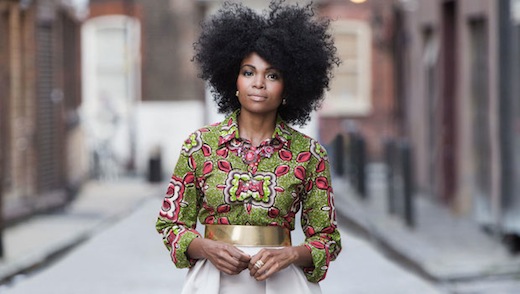
A decade ago, the singer whose performances at the RCM I most looked forward to, and about whom I wrote in terms that must have suggested either obsession or corruption, was the young South African soprano Pumeza Matshikiza. I saw her as Mozart’s Countess in Le Nozze di Figaro, Fiordiligi in Così fan tutte, as Poppea in Monteverdi’s L’incoronazione di Poppea, as Concepcion in Ravel’s bawdy L’heure espagnole, and in many other roles. What initially arrested me, and went on fascinating me, was not only the beauty of her singing, one of the loveliest lightish lyric sopranos I have heard in the flesh, but also her commitment to the role she was performing. She was absolutely not one of those singers who wait for their big opportunities and otherwise don’t seem particularly involved in the proceedings. And — the trickiest thing to pin down — in her singing she always seemed to be expressing a whole personality, or even two: her own, evidently strong and interesting; and somehow, simultaneously, in the way that only certain singers can manage, by dint of having so strong a personality, contriving to create a character onstage with her own life and individuality. It’s a paradox, but it seems to be the case that some of the most unmistakable singers are also those who bring diverse figures most vividly to life, sometimes, even often, by their voice alone. Among the greatest figures, I think of Lotte Lehmann and Maria Callas, instantly recognisable and supremely able to be diverse characters.
It would be absurd to suggest, yet, that Pumeza, as she is already simply known, belongs in that exalted company. But that is the kind of singer she is. I stress that because, as she returns all-too-briefly to the UK on a wave of publicity, singing at the opening of the Commonwealth Games, and thereby bringing poise and beauty near the end of a far-too-lengthy occasion, and having Decca launch her first CD, Voice of Hope, there is the danger that the artist, the truly important thing about her, will be submerged in hype and the story of her rise to fame. Not that the CD is to be treated lightly. It is enchanting, a selection of classical arias interspersed with South African songs. There is only one Mozart aria, alas, Zerlina’s coaxing ‘Vedrai carino’, and three Puccini arias, including a ravishing ‘Donde lieta usci’ from Act III of La bohème. The South African songs are (surprisingly, to me) highly enjoyable, and include some Click songs, a language that Pumeza misses more than she expected to, and which consists of consonants and no vowels. It needs to be heard to be believed.
Pumeza was born 34 years ago in a township called Lady Frere, to parents who separated after a few years, her father never recovering from the shock of her mother becoming pregnant with Pumeza only two months after they met. She moved to a much more wretched township, which you can see in Decca’s brief promotional video on YouTube. Childhood happiness was listening to music, and adult happiness was abandoning quantity surveying after two years of boredom and joining the University of Cape Town College of Music. The composer Kevin Volans bought her a plane ticket to London, and she won a scholarship to the RCM. After her three years there, she became a Jette Parker Young Artist at the Royal Opera, singing small roles such as the page Tebaldo in Verdi’s Don Carlos.
For the past three years Pumeza has been a member of the Stuttgart State Opera, a notable institution that specialises in Regietheater, the dominance of the director over the interpretation of the works performed — Verdi’s Falstaff on ice skates, to take a very mild example. Pumeza’s feelings on the subject, diplomatically expressed, is that it is sometimes hard to get inside and ‘live’ a character who is being asked to behave in a way quite at odds with the music and words she is singing: Pamina as a virago in Die Zauberflöte, for instance. I suggested to her that the hegemony of the director may not last much longer, since most audiences are so bored by irrelevant novelty, and amazed her by recalling that when I first went to operas they tended not to be directed at all. She hardly needed to say anything in reply: her eyes are perhaps the most communicative I have ever encountered.
Got something to add? Join the discussion and comment below.
Get 10 issues for just $10
Subscribe to The Spectator Australia today for the next 10 magazine issues, plus full online access, for just $10.
You might disagree with half of it, but you’ll enjoy reading all of it. Try your first month for free, then just $2 a week for the remainder of your first year.

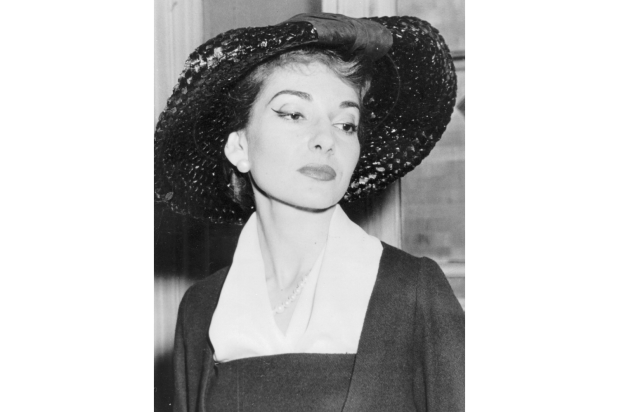


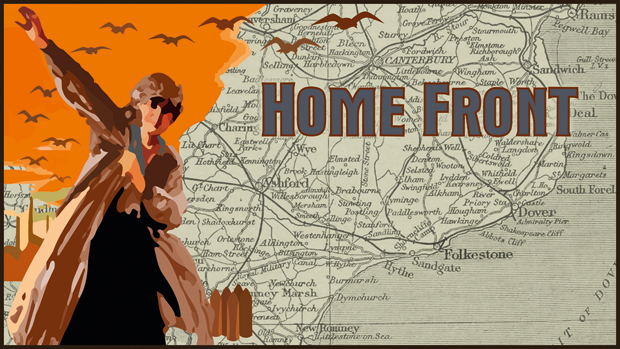
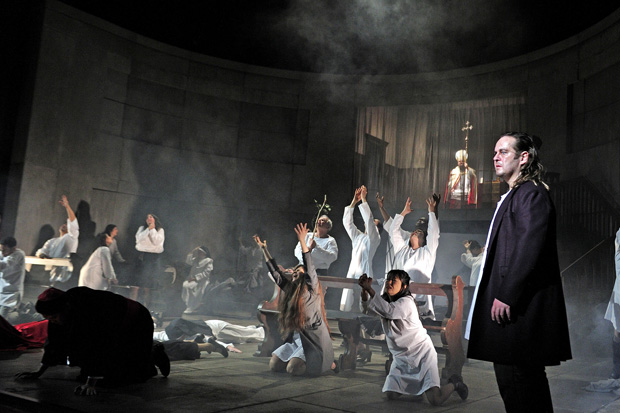
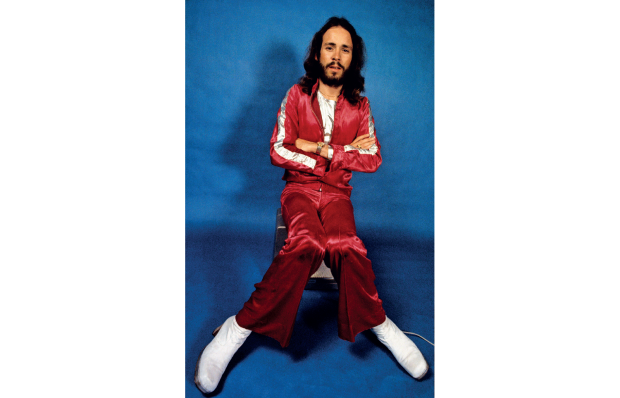






Comments
Don't miss out
Join the conversation with other Spectator Australia readers. Subscribe to leave a comment.
SUBSCRIBEAlready a subscriber? Log in